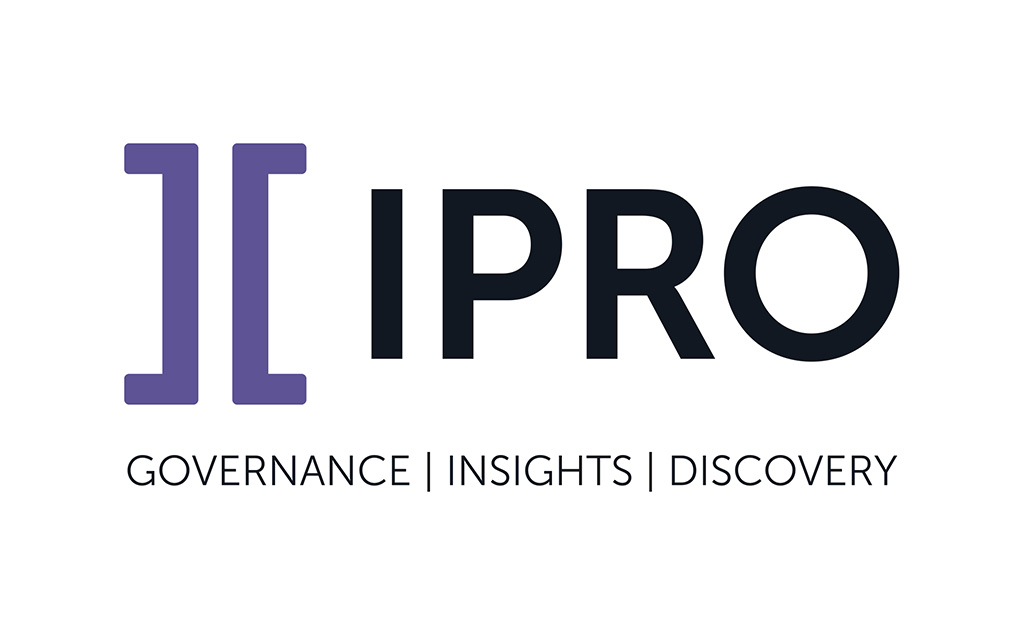
Five Considerations for Custodian Readiness Interviews in 2020, Part One
Written by Doug Austin, Editor of eDiscovery Today
A few weeks ago, I discussed Three Components to Assessing Your Organization’s eDiscovery Readiness from the Ground Up. One of those components was conducting interviews of key personnel, which included interviews with at least one or two key representatives of the legal department, IT and records management departments. Today, I’ll drill into that component to discuss some considerations for effective interviews in 2020. I’ll discuss the first three this week and the last two next week.
Take Advantage of Useful Resources, Then Customize
One of the biggest challenges to custodian readiness interviews is identifying the questions to use during those interviews. Fortunately, you don’t have to start from scratch – there are several resources out there with great example questions to start with. Here are two of them:
- EDRM Identification Standards: This page on the EDRM site is a terrific resource for sample questions for records management, custodial interviews and IT. Even though the questions are geared toward the Identification phase once a case has been filed, many of them are also applicable to discovery readiness assessments as well. The list was last updated in 2011, so you’ll need to supplement these questions with others to address newer potential sources of ESI and other more recent considerations.
- University of Florida Law Custodian Interview Form: This simple two page form is another good basic resource for custodial interviews. And, it illustrates another best practice of custodial interviews in general – record the answers in a standardized form (to the extent possible), it makes analysis of the information much easier downstream.
There are other resources out there as well. The key is to use those resources for ideas and some of the questions you may use, but then customize where appropriate for your organization. Certain questions in resources like these may not be applicable within your company, while the resources may not adequately address other areas unique to it. They are great places to start to develop your own questions. It’s also important to supplement with additional questions as needed during the interview process, as the interviews you conduct will almost always lead to follow-up questions for those interview subjects or others. Interviewing is typically an iterative process.
History of the Position, and the Custodian
Have you ever filled out an application for something financial (e.g., loan, credit card, etc.) and they asked for additional residences if you haven’t lived in your current residence for at least two years to get a more complete picture of your residential history? You need to take the same approach when it comes to interviewing key personnel. It’s important to find out how long the interviewee has been in that current role, who held the position before him/her and what other positions has the interviewee held.
If the person who held the position before the interviewee is still with the company, you may want to add that person to the list of people to be interviewed and you may even need to interview prior position holders before that to get a complete picture of how data has been managed within the organization over a period of time. And, if the interviewee has held one or more other positions that might be relevant to the information gathering exercise, you may need to expand the list of questions you ask him/her to those other areas.
Remember the Departed
No, I don’t mean the 2006 Oscar winning movie of the same name, directed by Martin Scorcese, with Leonardo DiCaprio, Matt Damon, Jack Nicholson and Mark Wahlberg – even though that was a great movie. I’m talking about personnel that have left the organization that may have had relevant information – often, they are identified as you capture the history of the position of the key employees you interview. While you may not be able to interview those personnel, the organization may have a policy in place to preserve their data for a period of time to ensure that any data in their possession that might be critical to company operations is still available if needed. If so, you need to find out if the organization keeps that data, where they keep it, in what format, and for how long. Just because the employees are “departed” doesn’t mean they’re not important to your readiness assessment activities.
Next week, I’ll discuss the remaining two considerations. Another IPRO cliffhanger!
Be sure to tune in to hear Doug Austin, Tom O’Connor, and Jim Gill discuss:
How to Conduct a Legal SWOT Analysis on 9/9!




